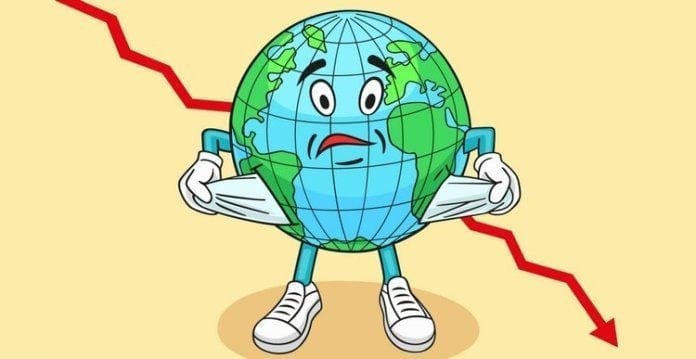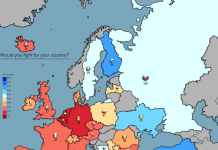The latest reports indicate that the world debt has reached an impressive $217 trillion, which is roughly three times bigger than the global GDP, and it is more than likely that it will keep rising.
Will this tendency ever stop? Is there a solution for this? What are the biggest problems that could arise from it?
Read – The 8 men who are as rich as half the world
Read – How Much Does Your Country Owe? The World Debt Clock
The New World Order – Bilderberg Conspiracy & The Last Man in London
The numbers don’t lie: according to the Institute of International Finance (IIF), global debt levels are continuously rising and have reached $217 trillion by the end of 2016, which represents 325% of the world’s Gross Domestic Product (GDP).
Plain and simple, the world “owes” three times more than what it can produce. However disturbing this may sound, it is still “the elephant in the room”.
In the last decade, this rampant debt growth has been caused not only by “mature” economies (like Europe or North America), but also by the emerging economies:
China, for example, was the main contributor to this tendency in the last two years (2015 and 2016) and the emerging markets were the ones that witnessed a higher growth of debt percentage in the last decade.
As protectionist policies are spreading around the world (with the Trump Administration and Brexit being the most recognizable examples) in an age where economies have become more interdependent than ever and the banking system vulnerabilities continue to be evident, there is a growing concern that the world debt bubble could “burst” sooner than what we think.
Global trade growth has fallen below 2 percent, a sign that some of the necessary measures are not being taken.
Without proper growth stimulation, countries around the world will continue to have a hard time facing the redemption of market bonds and loans and these vulnerabilities will inevitably spread to other quadrants of our society, such as the banking system, companies and, of course, individuals. Reference(s): Reuters, The Telegraph
–
Feel free to comment on story below




































